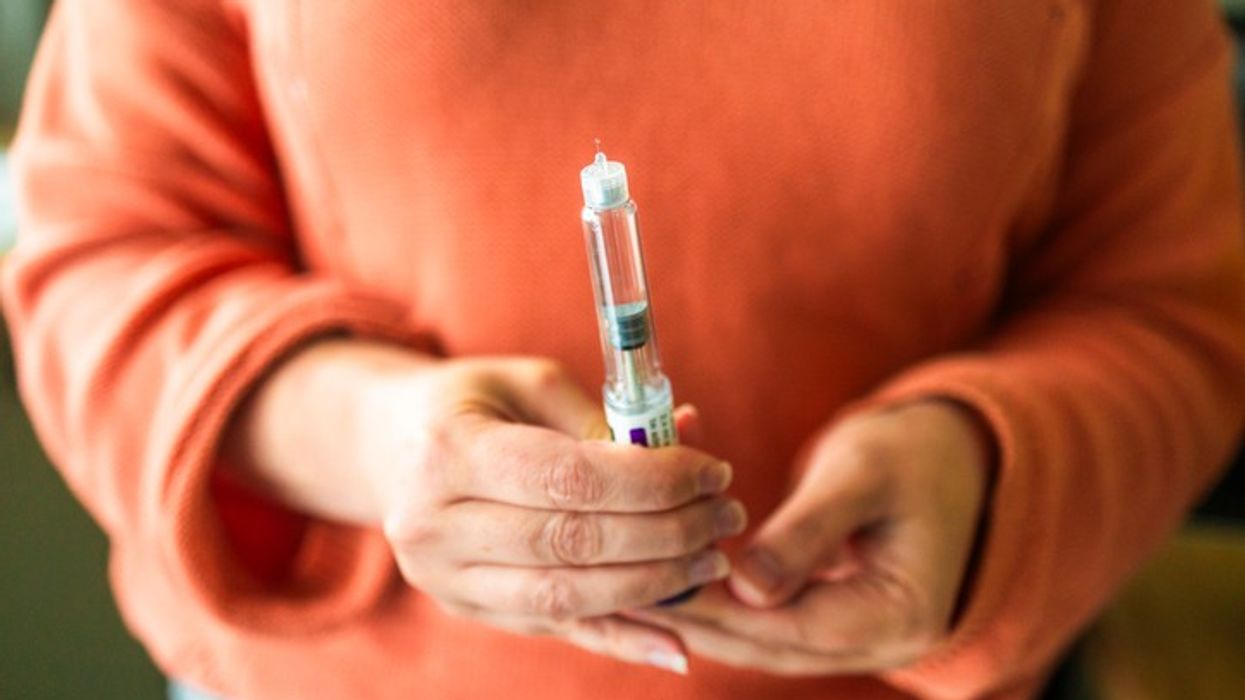Highlights:
- NICE warns that patients risk regaining weight after stopping jabs like Mounjaro and Wegovy
- NHS patients should receive structured support for at least a year after treatment
- Private users, who make up the majority, are not eligible for NHS follow-up
- Around 240,000 NHS patients will receive Mounjaro over the next three years
- Long-term lifestyle changes and support are essential for sustained weight loss
Patients using popular weight-loss jabs, including Mounjaro (tirzepatide), are being warned about the risk of regaining weight once treatment ends. The National Institute for Health and Care Excellence (NICE) is urging health services to provide structured support and follow-up care, particularly for those accessing the drugs via the NHS.
New guidance from NICE stresses the importance of offering advice and continued monitoring to prevent weight gain after medication ends, stating that patients should not be left without support during this crucial transition period.
Mounjaro use expanding, but support gaps remain
Mounjaro, which will be offered to approximately 240,000 people via the NHS over the next three years, is part of a limited rollout targeted at those with the greatest medical need.
However, with an estimated 1.5 million people in the UK using weight-loss injections — most through private providers — the vast majority will not qualify for post-treatment support through the NHS.
NICE's new “quality standard” calls for at least one year of structured monitoring after patients stop treatment, including behavioural support and access to local or digital resources.
Focus on long-term change, not quick fixes
Professor Jonathan Benger, deputy chief executive and chief medical officer at NICE, said:
“Successful weight management doesn’t end when medication stops or when someone completes a behavioural programme. This new standard ensures continuity of care and supports the NHS shift towards prevention.”
Dr Rebecca Payne, who chairs NICE’s Quality Standards Advisory Committee, added:
“Weight management is a long-term journey. The evidence is clear that ongoing advice after treatment helps prevent weight regain and supports lasting benefits.”
She noted that some services already provide comprehensive discharge planning, but the new standard aims to make such support universal.
Healthcare leaders emphasise behavioural support
Several leading voices in healthcare welcomed the guidance.
Henry Gregg, chief executive of the National Pharmacy Association, said pharmacies were ready to offer “wraparound support,” but cautioned that weight-loss jabs like Mounjaro are not a silver bullet.
He added:
“Medication can help, but sustainable weight loss depends on long-term lifestyle changes.”
Professor Kamila Hawthorne, chair of the Royal College of GPs, agreed, saying:
“There’s no one-size-fits-all approach to obesity. This is sensible guidance, but wraparound services will be essential for successful outcomes.”





